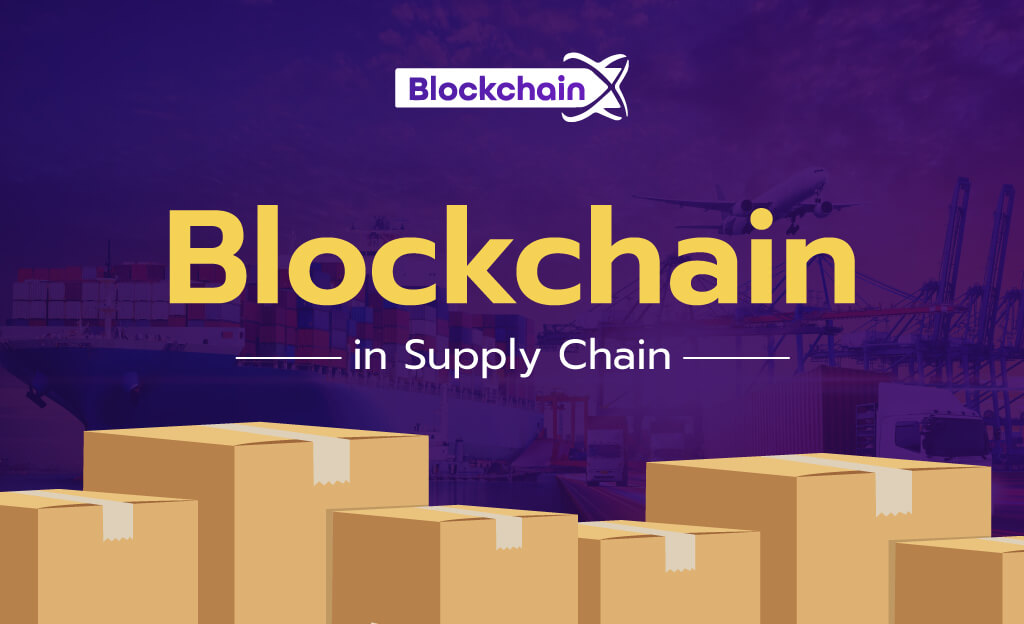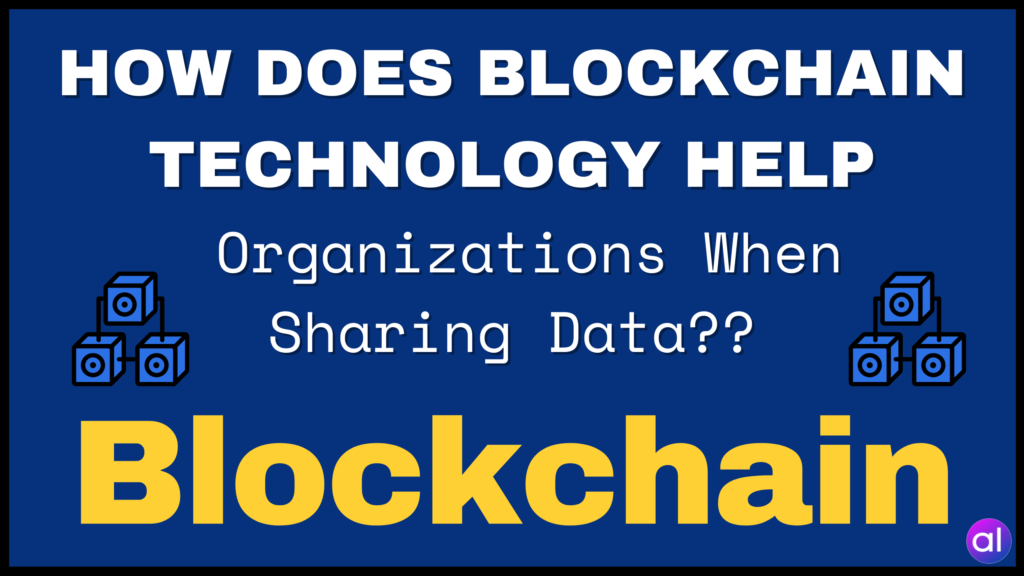
A supply chain, in simpler terms, is known as a distribution system. Supply chain management involves planning the movement of products until they reach the final customer, encompassing material processing, packaging, warehousing, delivery, wholesalers, and retailers.
This management of goods flow requires resources such as human labor, raw materials, machinery, organizations, entities, and technology. It is a comprehensive system that starts from creating a commodity to delivering it to the end customer.
Global demand is on the rise, necessitating products to be readily available. This demand for speed, volume, and affordability is increasing daily. The reliance on an ethical supply chain to meet this demand is crucial. The current system of goods, information, and financial capital flow involves manual and online data usage, which is susceptible to:
Human errors
Manual data entry can lead to errors like incorrect digits, missed products, lack of quality checks, etc.
Difficult tracking
Complex products make it challenging to track faulty components back to their source, leading to inefficiencies.
Corruption
The trust required in a supply chain is often exploited, leading to issues like mixing materials, hoarding, black marketing, etc.
Costs
Traditional supply chain costs can be prohibitive due to procurement, transportation, inventory, and quality costs.
The blockchain system, with its decentralized and transparent nature, is poised to disrupt supply chain management. By leveraging blockchain technology, businesses can enhance traceability, prevent fraud, and build trust within the network.
Integrating blockchain into supply chain management enhances visibility, execution, compliance, monitoring, and payments & settlement. This technology streamlines operations, improves efficiency, and reduces costs.
Blockchain’s ability to record and track orders, verify product certifications, link physical items to codes, and ensure transparency and security makes it a game-changer in supply chain management.
While challenges like currency volatility and resistance to change exist, the adoption of blockchain promises innovation and efficiency in the global supply chain landscape.



